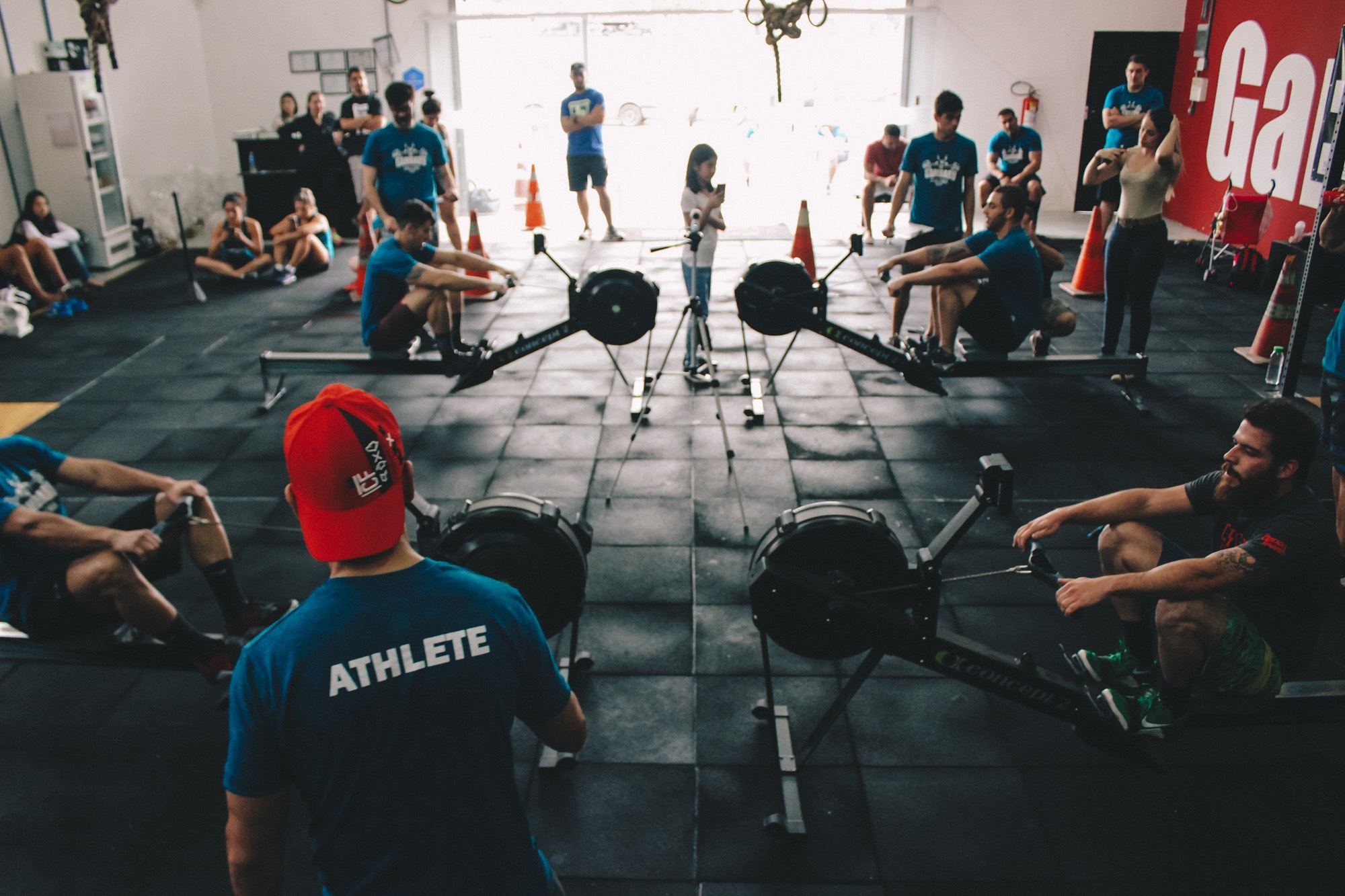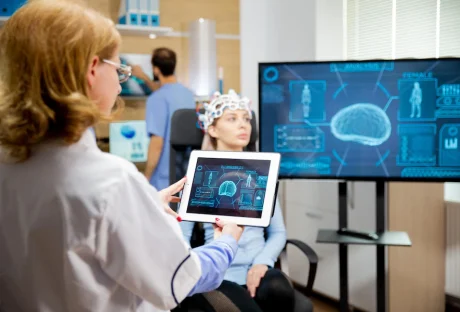Alopecia is a chronic disease that can lead to partial or, more frequently, complete hair loss. It is a disease that affects both men and women, and individuals of all ages. Despite it being a common and wide-reaching disease, very little is known about alopecia. It has no known cause and no known cure for example.
Many people, particularly women, find that wearing ladies’ wigs helps with alopecia by enabling them to hide their hair loss and maintain their former identity. Some people choose not to cover their hair loss, owning their baldness as a new part of who they are. There is no right or wrong answer. One thing that we do know for sure is that although alopecia is a physical disease, it can have a profound impact on the mental health of those who suffer from it. Struggling with alopecia and the impact this is having on your mood and your sense of self. Here are some handy hints to help you deal with the psychological impact of alopecia:
What is the Psychological Impact of Alopecia?
Studies have shown that around forty percent of women who suffer from alopecia experience some form of social problems as a result of the depression and anxiety they experience because of their condition. These social problems can include issues within their marriages, families and friendship groups. The problem worsens in the workplace, with 63 percent of women reporting career-related issues as a direct or indirect result of their alopecia. Other psychological problems that sufferers of alopecia are more prone to experiencing include depression, anxiety, and social phobias. Because alopecia is classed as a disfiguring disorder (one that permanently changes your appearance) it stands to reason that some individuals may have to deal with ongoing feelings of loss for their hair as well as issues relating to their self-identity and any changes of confidence that may come with this. It’s important to remember that whilst alopecia doesn’t cause any physical pain, it does lead to emotional and psychological pain and these symptoms should be taken just as seriously. Alopecia is a very serious condition that can completely change your life, and it is important to take the time to acknowledge this and to grieve for your former self, and for the hair that you have lost if you think that this will be helpful for you.
What Can You Do?
Struggling to cope with the psychological impact of having alopecia? This is completely normal, but there are some things that you can do that will help you to deal with the transition a little better. Firstly, if you think you may be suffering from depression then it’s important to seek help and support. Signs of depression include feeling sad, anxious or empty inside. Lossing interest or pleasure from hobbies and other activities that you used to enjoy. Difficulty sleeping, making decisions or engaging with others. Changes to your weight or appetite. Thoughts of death, suicide, or a general feeling that the world would be better without you in it. The first thing you should do if you experience any of these symptoms is to both talk to those around you and seek the support of your GP. Don’t try to deal with depression alone: the more you can share your feelings with others, the easier your condition will be to treat.
If you are struggling to deal with the changes to your self-identity then one solution is to start wearing a wig. Modern wigs are not the ugly, itchy things they were twenty years ago: in fact, many modern wigs are so realistically constructed that no one would ever know you were wearing one. This may help you to feel like your old self and give you the confidence boost you need to go out, socialize, and otherwise live a normal life.
It doesn’t matter whether you choose to wear a wig or not. But if you would like to meet with and talk to other people who know exactly what you’re going through then you may find it helpful to join an alopecia support group. You will find alopecia support groups in most major towns and cities across the UK: if you’re struggling to find one then your GP may be able to offer advice. These groups are a wonderful way to learn more about your condition, build a new social circle, and gain the support of individuals who really understand what you’re going through.
Read Also:






















